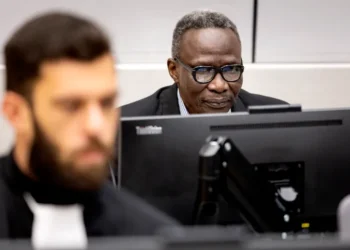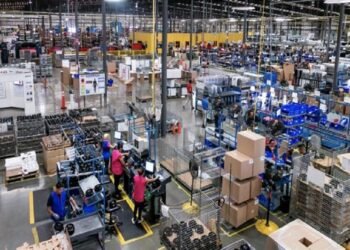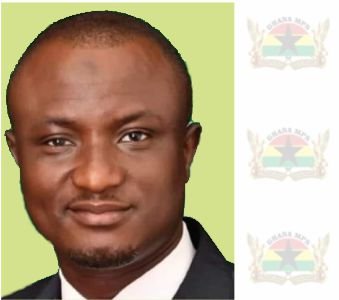The African Development Bank Group President (AfDB) Dr Akinwumi Adesina will co-chair the upcoming Summit on Clean Cooking in Africa alongside President Samia Suluhu Hassan of Tanzania, Prime Minister Jonas Gahr Støre of Norway and International Energy Agency Executive Director Fatih Birol.
Dr Adesina noted that an estimated four in five Africans cook their meals over open fires and traditional stoves, using wood, charcoal, animal dung and other polluting fuels. The practice has devastating impacts on health, gender equality, and the environment, with 600,000 Africans, mainly women and children, dying annually from indoor pollution.
“Access to clean cooking isn’t merely an energy issue. It is a fundamental human right, and a promise for a healthier, and more sustainable future. The African Development Bank is committed to tackling this challenge head-on, and I am therefore pleased to co-chair the Summit on Clean Cooking in Africa alongside distinguished global leaders.”
Dr Akinwumi Adesina
“President Suluhu Hassan, Prime Minister Støre and I are delighted to welcome President Adesina as a co-chair for the Summit,” said Dr Birol.
“The African Development Bank has been involved in early preparations and has been a critical partner for the IEA on the issue of clean cooking. Its support will be an invaluable addition to this major Summit, which aims to deliver strong policy recommendations and additional financial commitments, while cementing clean cooking as a global priority for years to come.”
Dr Birol
In last year’s event, the IEA and the African Development Bank co-authored a major report on clean cooking, A Vision for Clean Cooking Access for All. Alongside the African Union and Clean Cooking Alliance, they also launched the Africa Clean Cooking Consortium at the COP28 climate change conference in Dubai.
The IEA estimates that achieving universal clean cooking access around the world by 2030 will improve health and prevent 2.5 million premature deaths annually. Globally, it will also avoid 1.5 gigatons of greenhouse gas emissions annually, create 1.5 million jobs and preserve 225 million hectares of forest each year, an area equivalent to the size of Ireland.
AfDB Approves $10 million Stake in the Alliance for Green Infrastructure
Meanwhile, as part of the Green Infrastructure in Africa Project, the Board of Directors of the African Development Bank Group approved the proposal to take an initial stake of up to $10 million in the “Alliance for Green Infrastructure in Africa – Project Development” (AGIA-PD) fund.
Part of the Alliance for Green Infrastructure in Africa (AGIA), a $10 billion initiative led by the Bank and formed jointly with the African Union Commission, the pan-African investment platform Africa50 and several other partners, the AGIA-PD seeks to help accelerate the continent’s green transition by collaborating with African countries and the private sector, internationally and locally, to prepare and develop resilient, transformative green infrastructure projects and programmes quickly and at scale.
The AGIA will be implemented through three pillars: first, project preparation seeking to raise $100 million in donations upstream for targeted activities; second, project development, using the AGIA-PD mechanism, to raise $400 million in blended capital to transform green infrastructure project concepts into bankable opportunities, and third, investment and finance that involves establishing a framework to facilitate the mobilization of $10 billion in funding from treasury stocks, loans and risk mitigation instruments to provide large-scale funding for green infrastructure projects prepared and developed under pillars one and two.
The AGIA-PD fund will run for 15 years and should reach its capitalization target in three years. It’s blended capital structure combines donations and first- and second-rank treasury stocks for a total of $400 million. In December 2023, at COP 28 in Dubai, some $175 million in commitments were announced, which included a potential contribution of USD 40 million from the African Development Bank and a commercial investment of $10 million approved by the Bank’s Board of Directors for a current total of around USD 215 million.
READ ALSO: World Bank Petitions Investors to Embrace Emerging Markets





















